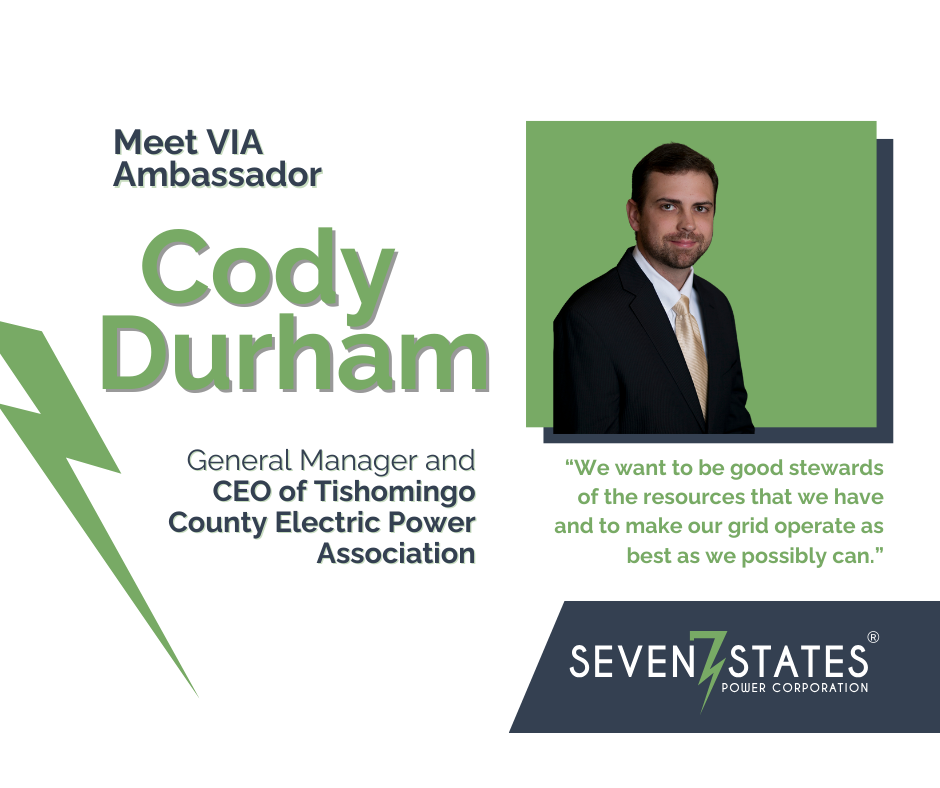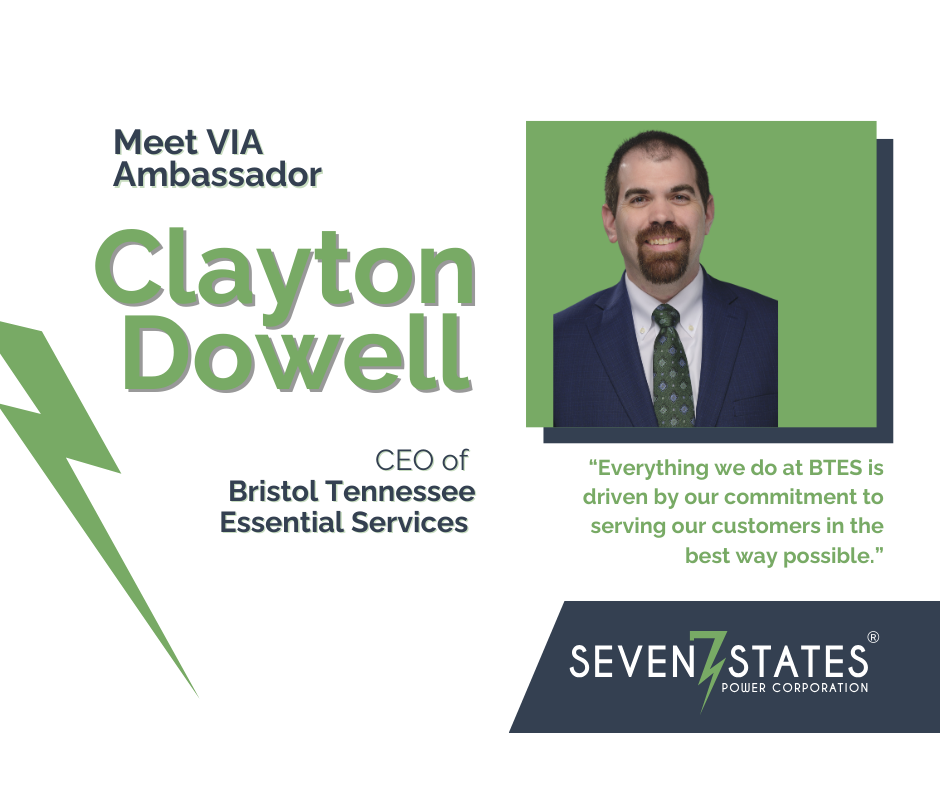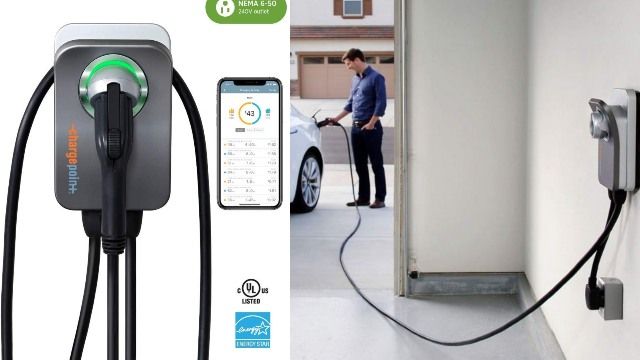
Seven States Power joined Amazon and Home Depot on an elite list of “power buyers” when in March it inked a deal with ChargePoint to purchase the company’s Home Flex electric vehicle chargers in bulk at discounted prices. The two mammoth retailers previously carried exclusive “Authorized Reseller” rights to ChargePoint’s residential products in the eastern U.S. Now, Seven States Power can leverage the buying power of local power companies across the Valley to purchase units for resale through local power companies.
Electric vehicle (EV) drivers will be able to charge their cars at home nine times faster than they can using a normal wall socket with the Home Flex charger.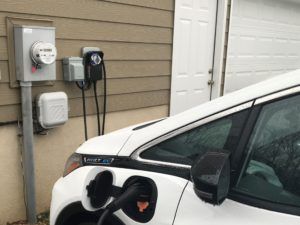 The Home Flex is a Level 2, 240-volt charger that can be used with all available EVs on the market, from the Nissan LEAF to all Tesla models. The faster charging paired with the app which allows owners to set reminders or schedule their charging off-peak hours make the ChargePoint deal very appealing to EV drivers.
The Home Flex is a Level 2, 240-volt charger that can be used with all available EVs on the market, from the Nissan LEAF to all Tesla models. The faster charging paired with the app which allows owners to set reminders or schedule their charging off-peak hours make the ChargePoint deal very appealing to EV drivers.
“The burgeoning EV market offers significant opportunity for revenue growth for power companies,” said Brad Rains, Seven States’ Director of DER Deployments. “For two years we’ve been helping our members and community partners expand public EV charging infrastructure across the Tennessee Valley. Now, we can support our members’ role as a trusted resource for consumers by helping them build a residential charger program. It’s a financial win-win for our members and the people they serve.”
The Home Flex charger deal complements Seven States Power’s long-standing pricing agreement with ChargePoint for commercial and industrial EV chargers. ChargePoint EV chargers are among the most highly rated products on the market, and Rains said the ChargePoint equipment and user app make the charging experience easy and reliable.
Thanks to the below-market pricing pact, Rains oversaw 37 EV charger installations for members in 12 communities across the Valley in 2019 alone. Though most installation projects are temporarily suspended due to the COVID-19 pandemic, the corporation has an additional 28 projects representing 66 new installs slated for 2020.
While public chargers are becoming more widely available for brief daytime recharging, Rains said the best and most economical way to charge an EV battery is at home over a longer period of time. He said one car charging overnight will use more power than a typical heat pump over the same period of time, adding “it represents electrification at its finest.”

